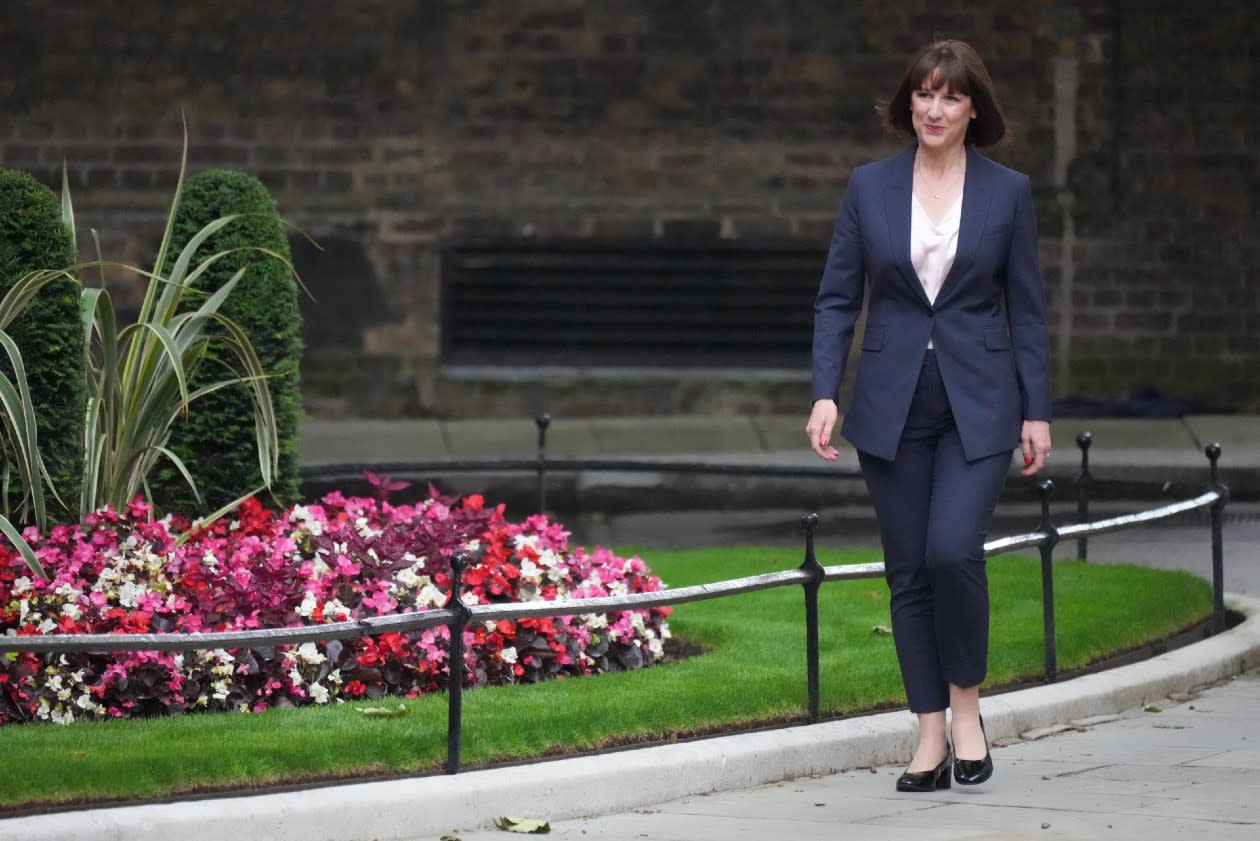Rachel Reeves is now set to bring a guarded, maybe even deliberately boring, tone to Number 11.
As shadow-chancellor she’s been disciplined, rigorous and attentive to detail. While it might not make her a must-watch on TV, it might just make her exactly the kind of chancellor a new government needs.
This isn’t personal advice. If you’re unsure about a certain course of action, take financial advice. ISA, pension and tax rules can change, and their benefits depend on your circumstances.
What will Rachel Reeves do about taxes?
The key message of this election campaign was economic responsibility. There was a focus on stimulating long-term growth, not just quick boosts to consumer spending power.
Reeves is keen to distinguish her approach from the Liz Truss mini-Budget fiasco which kicked off chaos in the bond market. It meant a ‘fully-costed’ manifesto and ‘modest’ spending pledges – coupled with a refusal to categorically rule out very specific taxes.
So, we’re entering this government knowing there won’t be hikes in income tax past the impact of frozen tax thresholds (fiscal drag). There won’t be a rise in National Insurance and there won’t be a rise in VAT.
During the campaign, the party also ruled out bringing back the lifetime allowance on pensions and axing tax-free cash.
However, it still leaves the door open for changes to things like capital gains tax, dividend tax, savings tax or inheritance tax.
There are also question marks about if she’s still enthusiastic for a flat rate of pensions tax relief. This could mean less pensions tax relief for higher earners, although Reeves floated this idea years ago, and it hasn’t been part of the campaign.
All these changes would go against the government’s goal of wealth creation, which might mean Reeves isn’t in a hurry to hike any of them. But it might help focus the minds of savers and investors about if they’re making the most of their pension and ISA allowances before the first Budget expected in the autumn.
That means now could be a good time to think about making the most of your £20,000 ISA allowance.
Both Cash ISAs and Stocks and Shares ISAs can help save UK tax. Mix and match to make the most of both or choose from our full range of ISAs.
If you choose to invest, remember that unlike cash, all investments fall as well as rise in value so you could get back less than you invest.
It might also make sense to move existing investments into a tax efficient account like a Stocks & Shares ISA or a Self-Invested Personal Pension. You can usually take money out of a pension from age 55 (rising to 57 from 2028).
The inconvenient truth of the election was the spending cuts that were baked into the calculations from both the main parties.
Reeves is pinning her hopes on growth so she can avoid dramatic spending cuts without hiking taxes. The stability and predictability from her and Keir Starmer during the campaign is supposed to be reassuring for businesses and voters. It’s confidence in this stability they hope will encourage businesses to unlock investment.
See what else Labour has promised to do:
What else is Rachel Reeves planning to do?
Apart from tax, Reeves has spoken before about her working-class background, and how she wants to help people like her. It’s why she’s said that planning changes and building more homes will be a priority – to make property more affordable for more people.
Her desire also helps power the Labour commitment to making work pay.
This includes making sure the minimum wage takes account of the cost of living, and ending age bands, so all adults get the same minimum wage.
It’s also pledged to ban zero-hour contracts, end fire and rehire, and introduce rights to parental leave, sick pay, and protection from unfair dismissal from day one.
As the first female chancellor, she’s also spoken about tackling the gender pay gap, transforming the lives of working women, and strengthening rights to equal pay.
Smashing the last glass ceiling in politics is just the first step on what she hopes will be the path to improving women’s finances for good. She’s said that she only reached the chancellorship by standing on the shoulders of the women who’ve come before her. And wants part of her legacy to be letting others do the same.
It's a serious job that needs a serious approach at a serious time.
To make sure you don’t miss out on the budget and what it means for you and your money, sign up to our Editor’s Choice email.
Article image credit: Getty Images / Christopher Furlong.




